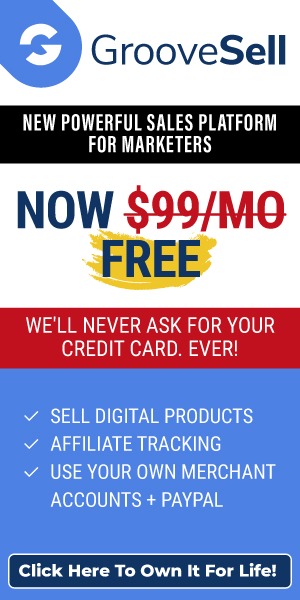
Becoming a PLR Provider
In modern digital age, small businesses and individuals working from home are constantly seeking innovative methods to generate income online.
One increasingly popular and profitable avenue is becoming a provider of private label rights (PLR) products.
By offering PLR products, individuals can tap into a growing market and assist other businesses in expanding their offerings with ease.
But what exactly does it mean to become a PLR provider?
Essentially, it involves creating and selling digital products such as eBooks, courses, training videos, or software with the intention of selling them to other businesses.
The unique aspect of PLR products is that buyers have the rights to modify, rebrand, and even claim ownership of these materials as if they were the original creators.
This flexibility attracts many entrepreneurs who are looking to enhance their digital libraries efficiently.
One of the primary advantages of venturing into PLR is the ability to create products based on your own expertise and interests.
By leveraging your knowledge in a particular niche, whether it’s cooking, graphic design, or personal development, you can transform it into valuable content that resonates with your target audience.
Focusing on your strengths not only allows you to enjoy the content creation process but also helps establish credibility within your chosen industry.
While being a PLR provider offers creative freedom, it’s crucial to tailor your products to meet the needs and preferences of potential customers.
Conducting market research and surveys in your niche will provide valuable insights into what buyers are seeking.
Understanding their challenges and offering solutions through your PLR products will undoubtedly make them more appealing and likely to be purchased.
When it comes to the types of PLR products you can create, the possibilities are limitless.
Digital courses, for example, have become highly sought after as they enable businesses to provide comprehensive training remotely.
These courses can cover a wide range of topics, from social media marketing techniques to website design fundamentals.
By crafting detailed and engaging course material, you can offer a complete solution that allows businesses to enhance their employees’ skills or monetize their knowledge.
Training videos are another popular form of PLR products that can greatly benefit businesses.
In today’s fast-paced world, people often prefer easily consumable visual content.
By creating high-quality, informative, and visually appealing training videos, you can cater to this preference and help businesses effectively educate their audience.
Whether it’s a step-by-step guide on using specific software or a tutorial on mastering a particular business strategy, training videos provide a convenient and engaging learning experience.
Aspiring PLR providers should also consider offering customizable ebooks and software to cater to various business needs.
The ability to rebrand and modify these products allows buyers to adapt them to their unique branding and requirements.
This customization adds significant value and makes your PLR offerings more enticing to potential customers.
Of course, marketing your products is essential. The first step is to identify and understand your target audience through thorough market research.
This will allow you to precisely pinpoint the needs and preferences of potential buyers.
By gaining insights into their challenges, goals, and aspirations, you can create PLR products that provide valuable solutions and deeply resonate with your audience.
Once you have a clear understanding of your target audience, it’s time to develop a comprehensive marketing strategy.
Content marketing can be a highly effective approach.
Creating high-quality blog posts, articles, and social media content that offer valuable information related to your niche not only establishes you as an authority but also attracts potential buyers to your PLR products.
Additionally, consider collaborating with influencers or industry experts in your niche to expand your reach.
Their endorsement and promotion of your PLR products can significantly enhance your credibility and attract a wider audience.
Partnering with these individuals can be achieved through guest blogging, joint ventures, or affiliate marketing programs.
Another effective marketing tactic is to offer free samples or trials of your PLR products.
By providing a taste of the quality and value your products offer, potential customers can experience firsthand the benefits they could gain from purchasing the full version.
This strategy builds trust, enhances your reputation, and increases the likelihood of conversion.
Exploring different distribution channels is crucial for maximizing sales potential.
One possibility is to list your PLR products on well-known online marketplaces such as ClickBank, JVZoo, or WarriorPlus.
This allows you to tap into an existing customer base and benefit from their marketing capabilities.
Another option is to create your own website or e-commerce platform, providing a seamless purchasing experience for your customers.
In addition to effective marketing, establishing a fair pricing strategy is essential.
It is important to research the market and analyze the pricing of similar PLR products to ensure competitiveness.
Offering different pricing tiers or bundle packages can cater to various budget ranges and provide added value to customers.
Maintaining ongoing communication and support with customers is key to building long-term relationships and ensuring satisfaction.
Timely customer service, addressing concerns promptly, and engaging with the audience through newsletters, webinars, or exclusive offers are all effective ways to achieve this.
Congratulations on completing this article on becoming a PLR provider! By implementing the strategies discussed, you are well-prepared for a successful PLR journey.
Keep in mind that the online business landscape is constantly evolving, so it is important to remain adaptable and continuously refine your approach to stay ahead in this competitive industry.












